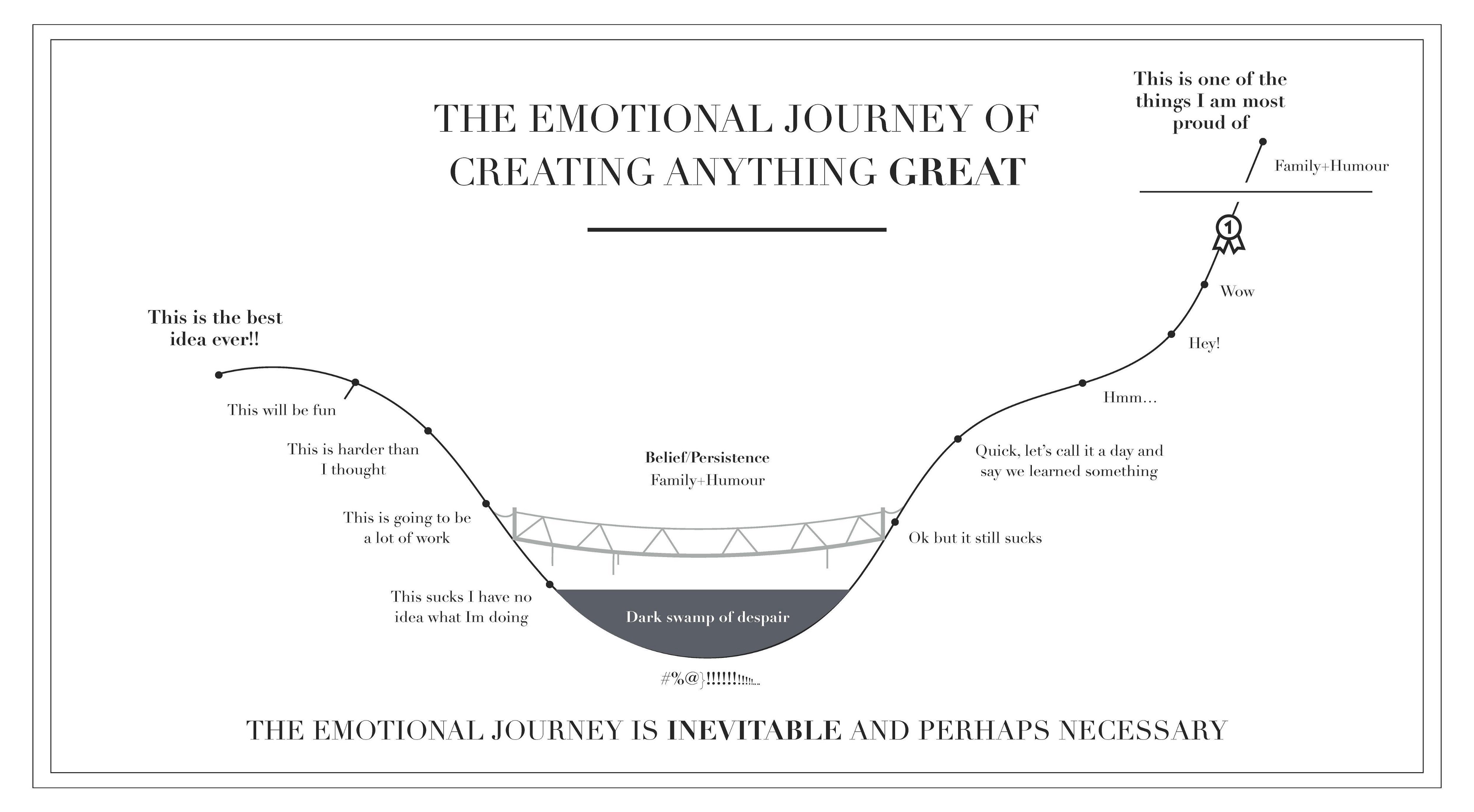How to Learn: Lifelong Learning
I didn’t know how to learn (effectively) until I was 23. It wasn’t until I started teaching myself to code that I learned the skill of learning. Nothing has changed my life as significantly as learning has.
Here’s how to learn effectively.
Disclaimer: While some of these tips may apply to the learning required in an academic setting, my experience is based on lifelong learning; which I only learned after University.
Meaning
To learn something effectively, there needs to be a strong sense of “why” behind it. The response to that “why”, has to be meaningful to you.
In other words, the reason–for which you choose to learn something–has to be meaningful.
Usually, something feels meaningful because it satisfies some need or desire in us. For example a need or desire for:
- growth
- curiosity
- better income
- pursuit of a better life
- status
- mastery
- autonomy
- etc
Meaning is the fuel that will sustain you in your learning journey. This is not to say that you can’t learn something without a meaningful reason behind it, but that it will be less sustainable and effective without one.
Optimise for Enjoyment
When the underlying “why” is satisfied by a reason that is meaningful to you, you will usually enjoy the process. However, there will be times when the process will not be enjoyable. There are 2 reasons for this:
You are in the “the dark swamp of despair” – It’s usually a sign that the material has gotten more difficult and has lost its initial charm. This is natural and will pass if you still find the reason meaningful enough. Usually what it takes, is to find ways to make it enjoyable again.
 Source: medium.com/@Siunami
Source: medium.com/@Siunami
The other reason that could make it less enjoyable is when the desire/need behind the why is a surface level desire. Usually, this desire is incompatible with a deeper desire. For instance, you are learning something that you suspect will give you more status at work. This feels meaningful to you at first, but as the material becomes harder and your brain wants to do something easier, you once again have to face the underlying “why”. This time, “status” might not be a strong enough reason if it’s not in alignment with your underlying needs and desires.
Learn in Public
This is one of the most underrated methods of learning effectively:
- It forces you to write about what you are learning in your own words – explaining what you have just learned is one of the most effective ways to internalise it.
- It allows you to track your progress and remember your journey.
- It has the potential to create accountability
But most importantly, it allows your learning to compound. You can turn it into a resource, reference it in the future, and grow your network. Jack Butcher calls this “selling your sawdust”.
Here’s an example. Meet my imaginary friend Sarah. She wants to learn to code and decides to “learn in public”. She tracks her progress on twitter. She posts about what she’s learning, the wins, and the pitfalls, which resources she found helpful, and which ones she found difficult to follow. Besides helping her learn the material more effectively, many people benefit from her shares. Someone who wants to learn to code but doesn’t know where to start, another person who is on the same journey and finds Sarah’s journey relatable. Seasoned developers who by reading about Sarah’s process learn how to make their documentation more friendly to newcomers. And so on.
Now imagine, Sarah does this for several months, by the time she is looking for a job, her followers have a good sense of what she is like. It is highly likely that she will land a job with one of them.
Saying this, learning in public doesn’t come naturally to most people. For me, it’s still a deliberate act, but over time it has become more natural to do so. The key is to start small.
Find the Others
Being surrounded by people familiar with what you are trying to learn is the difference between jumping on the ground and jumping on a trampoline. After a couple of years of climbing indoors, I really wanted to try outdoor climbing. For ages, I kept saying I’d do it but never did–because I lacked the know-how. Until I met members of a climbing club who introduced me to outdoor climbing. In the same year, I ended up going on 6 or 7 outdoor climbing trips.
Summary
To summarise, here’s what you need to learn effectively as a lifelong learner:
- know exactly why you are learning whatever it is that you are learning
- Ensure that the reason is meaningful to you
- Optimise for enjoyment
- Learn in public – “sell your sawdust”
- Find the others – they will serve as a springboard
If you enjoyed this post, you might also like How to Get the Most Out of Online Courses with Roam.
And if you’d like to connect, I’m active on Twitter. I’d love to hear your thoughts.